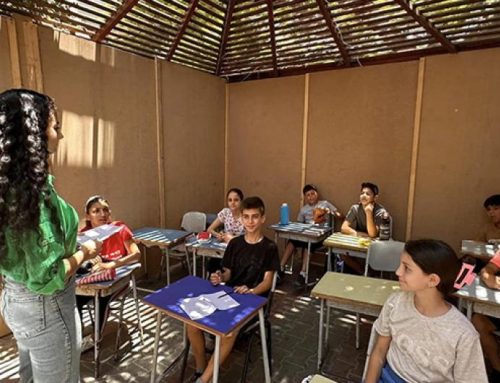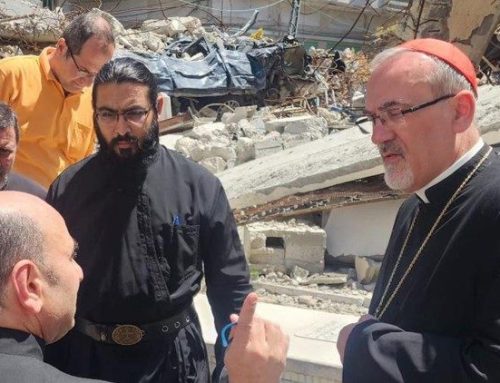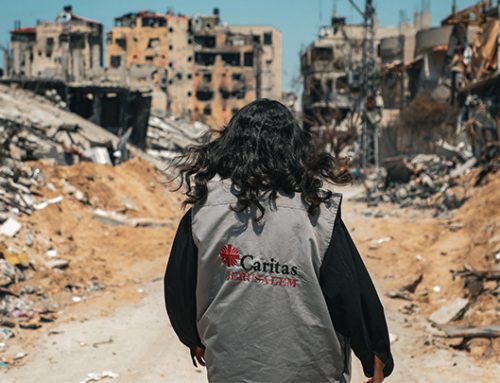Aleppo – “Perpetuating the sanctions against Syria means condemning many people to death”. Bishop Georges Abou Khazen, Apostolic Vicar of Aleppo for Catholics of the Latin rite, chooses clear and unequivocal words in describing the effects that the sanctions imposed by Western countries against the Bashar al Assad regime have on the daily lives of millions of Syrians. In recent days, significant confirmations and extensions of the sanctions implemented by Western countries as an instrument of pressure on the current Syrian political leadership have arrived from the United States and the European Union.
A spokesman for the US State Department confirmed that Washington has not implemented any easing of sanctions against the Syrian regime, and will not ease its opposition to country reconstruction plans run by ruling apparatuses. The statements from the US State Department wanted to stifle in the bud any possible allegation about alleged US involvement and nihil obstat in the decision taken by the United Arab Emirates to build a solar power plant in a rural area near Damascus (decision announced during the recent visit carried out in Syria by Abdullah bin Zayed, Foreign Minister of the Emirates). On Monday, November 15, the Council of the European Union extended the sanctions against members and bodies linked to the Syrian apparatuses that last May had been extended until June 1, 2022 to 4 new ministers of the Damascus government.
The European sanctions, introduced in 2011 after the repression of the first demonstrations organized by groups opposed to Assad, currently affect more than 280 individuals and about 70 bodies linked to the Syrian government.
Bishop Georges, who witnessed what is happening in Aleppo on the spot, reports: “The everyday situation is in many ways worse than what we saw when Aleppo was a battlefield between the Syrian army and the militias of the so-called rebels. There are no drugs, the hospitals lack the equipment to save lives, the basic essentials of life, including food, are lacking, and many are barely able to get enough to eat every day to survive”.
“The situation”, according to the bishop, “is all the more unbearable when one has the impression that the badly hidden aim of the sanctions is precisely to increase the suffering of the population in order to stir up dissatisfaction towards political leaders and pursue geopolitical strategies and interests by playing this game at the expense of the Syrian people: it is always the poor who pay, while the rich and those in charge are spared. That is why we keep saying here that these sanctions are criminal”.
Source: Agenzia Fides






